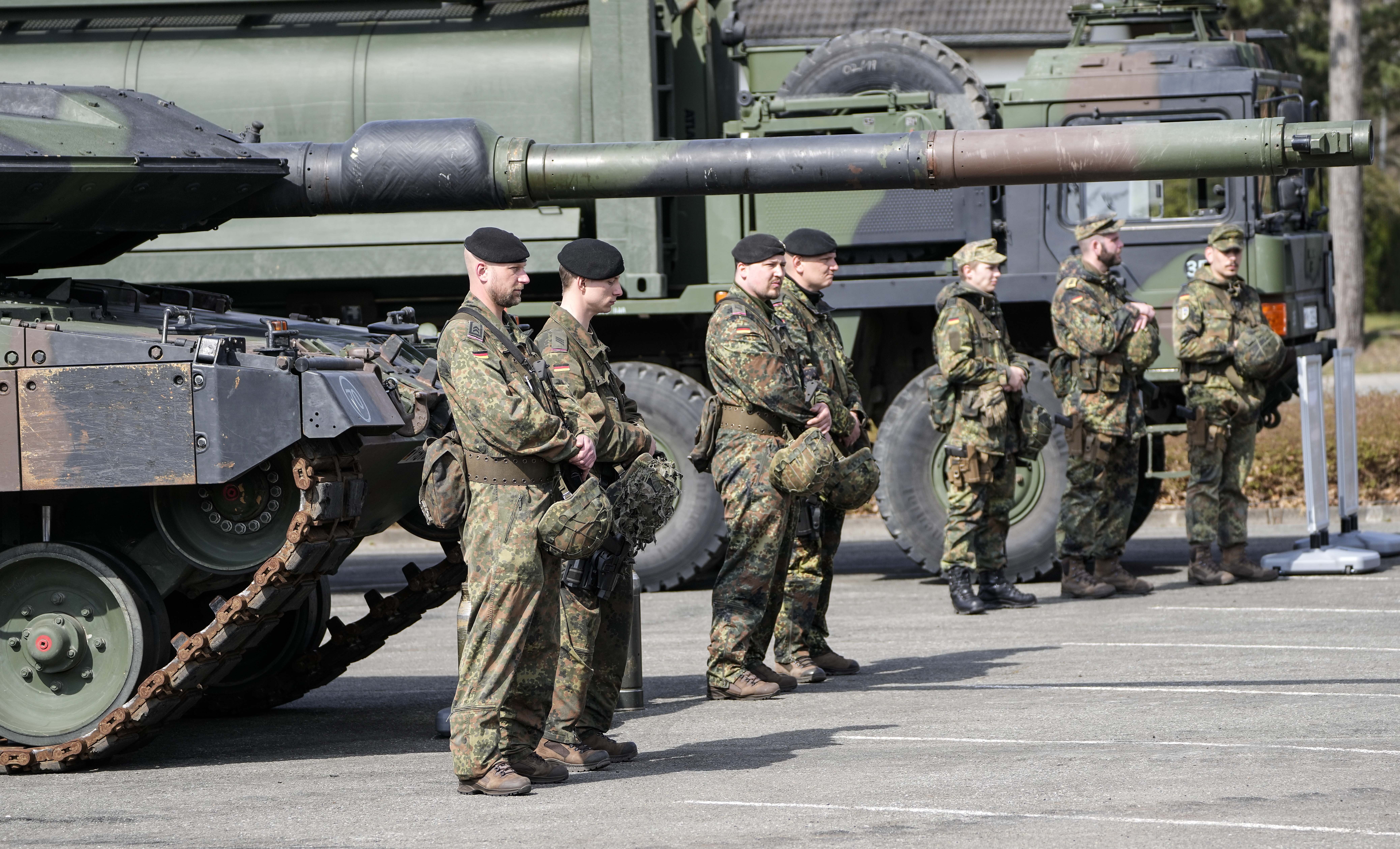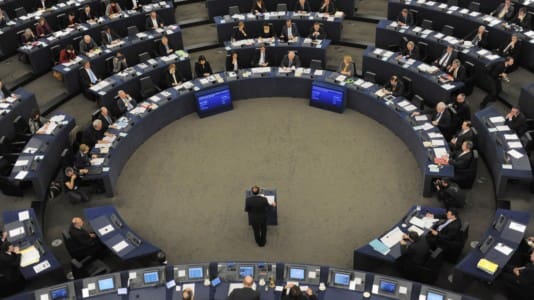During the triumphant years of Merkelism, Germany led the way through a migration policy that left even the most progressive pro-multiculturalists in awe, and through green policies that had the likes of Greta Thunberg taking notes. Now, the current government of Olaf Scholz cannot seem to be able to take a single decision without attracting international outrage.
According to the German newspaper Der Spiegel, the agreement between Berlin and Central and Eastern European NATO allies for Germany to replenish the Soviet-era weapons they shipped to Ukraine with more modern Germany military gear is in tatters. While the Scholz government proudly reported to the German media that 15 Leopard 2A5 tanks were sent to the Czech Republic in exchange for the country’s fleet of obsolete T-72 Main Battle Tanks (MBTs) that were sent to Ukraine, there is no happy end in sight for the German-Polish agreement, better known as “Ringtausch,” or ring-swap.
[pp id=33488]
The shrewd Czechs did indeed receive 15 Leopard 2A5 MBTs earlier this month in exchange for several dozen un-modernized T-72s, which is an absolutely first-class deal for Prague comparable only to exchanging a Lada for a BMW. Historically, the Czechs are the masters of having their cake and eating it, and they proved yet again that they are capable of exemplary altruism in times of need while also making a handy profit at the same time. Now, the multi-million euro weapons deliveries Czechia sent to Russia in 2015, even after the annexation of Crimea, seem to have also been forgiven by Kyiv judging by its gratitude for the Czech weapons shipments.
However, the signs are that not everyone is jubilant about the news. According to Der Spiegel, the Poles are fuming about the lack of similar deliveries to their country. Poland sent some 240 Russian tanks to the war-zone in neighboring Ukraine, apparently relying on an understanding with Berlin that they will also receive shiny-new German MBTs in return, but the deal is snagged on multiple levels.
[pp id=35367]
First of all, the Leopard 2A5s delivered to the Czechs, however many light years more capable than the T-72s, are only meant to be training equipment in view to later deliveries of more modern variants. In a similar fashion, Hungary had ordered 16 Leopard 2A4s to train their tank-crews on before they were to progress to the top of the range variants, but Warsaw thinks that this is not what they agreed upon with the Scholz government. They are demanding the state-of-the art 2A7+ variant, which costs up to €15-20 million a pop, depending on equipment levels. Understandably, Berlin is unable to deliver this number of tanks to Poland — according to reports, the Bundeswehr has just 225 Leopard II tanks of its own, and these include more modern and less capable variants as well.
The embattled German defense minister, Christine Lambrecht, referred to the Czech tank-swap as “a very good example of how we can help Ukraine quickly and easily against Russian aggression.” She explained this to be a mutually beneficial method of supplying weapons to Ukraine, as Germany can still save face both in front of Putin as well as with their NATO allies, but with Poland the talks are not progressing at all. She reportedly discussed the issue with Polish politicians last week on Monday, but it is understood that as of now, no agreement has been reached.
[pp id=27828]
It would be dishonest to accuse the government in Warsaw of some kind of calculated profiteering, but the situation is a sign that the government of Mateusz Morawiecki has shown very little foresight at the beginning of the conflict when it critically depleted — and continues to do so — its own defense stocks with no binding agreement with Germany to replenish them. It will take the Poles years to rebuild their armored battalions with replacement vehicles, and especially now that the order books of the Leopard manufacturers, Rheinmetall and KMW, are full to the brim due to the war, they can count on more delays and significant cost increases.
This is true especially now that the German military giant, the Bundeswehr, has awoken from its long sleep with a €100 billion cash injection. Poland, despite global praise for its efforts to help Ukraine, will now find itself on the back foot when it comes to its own national defenses.





